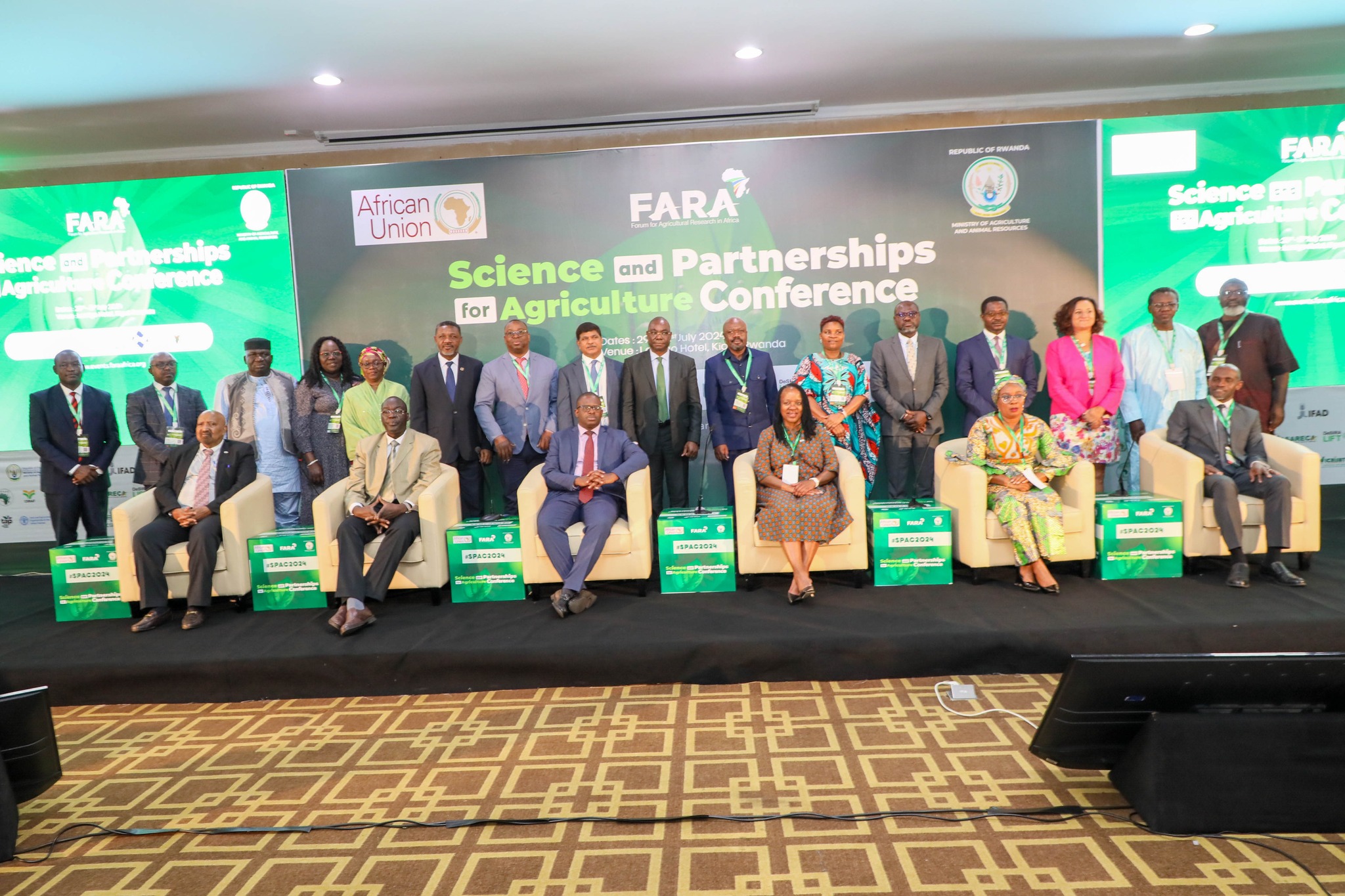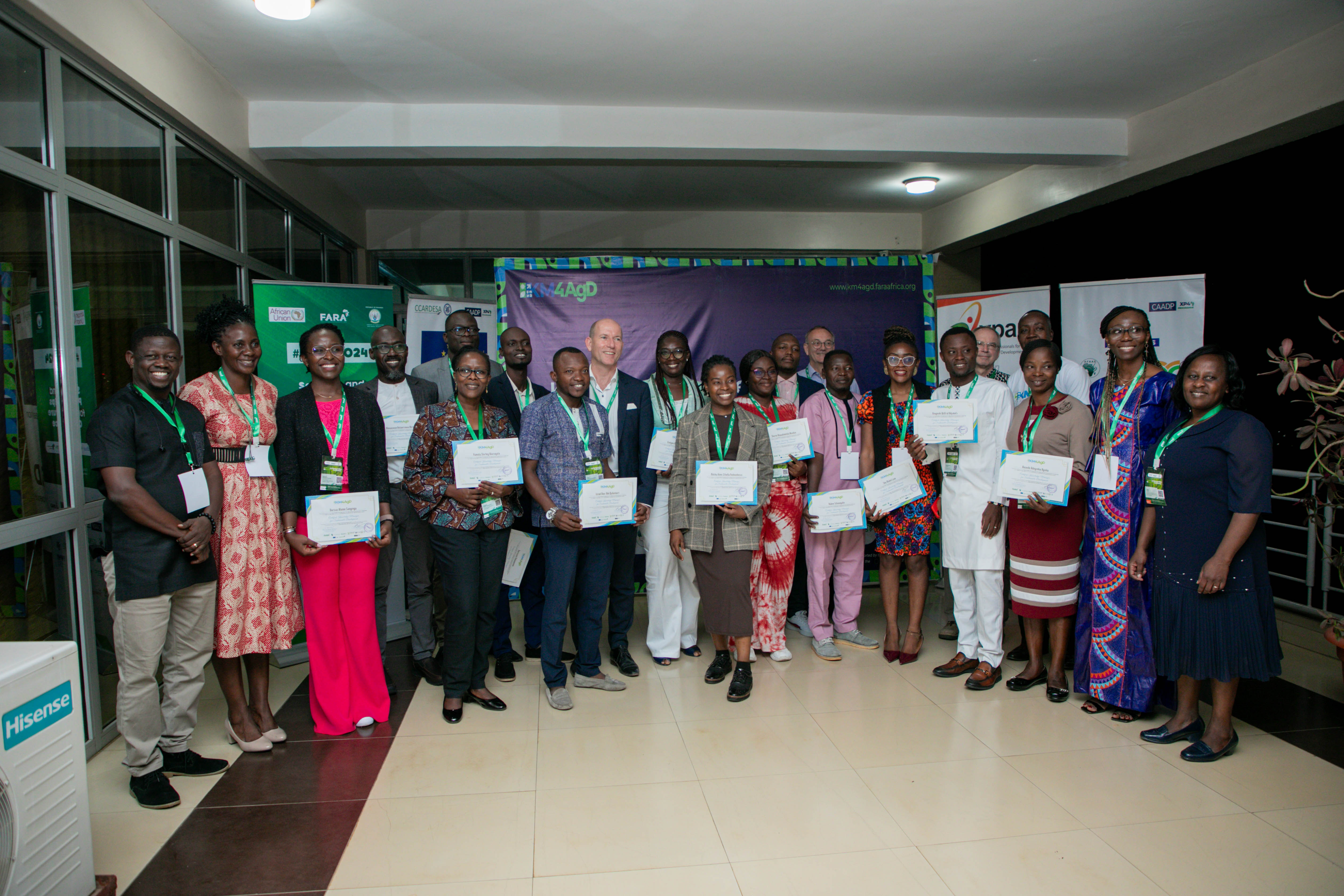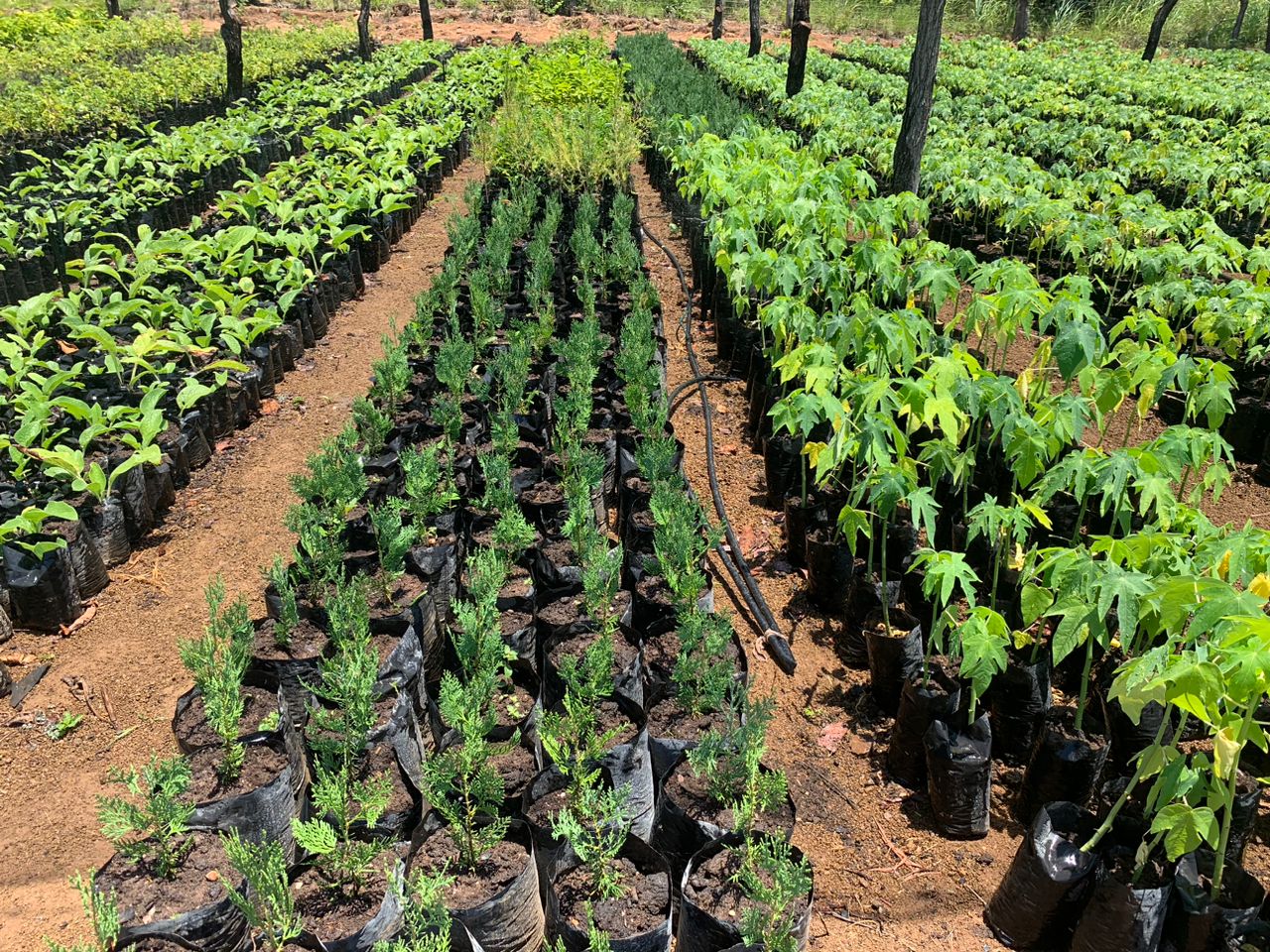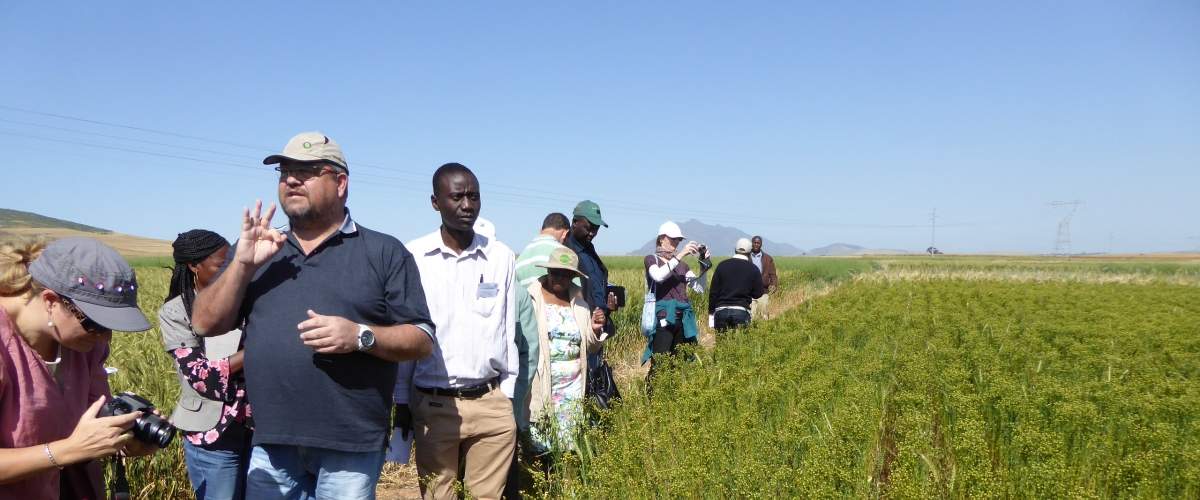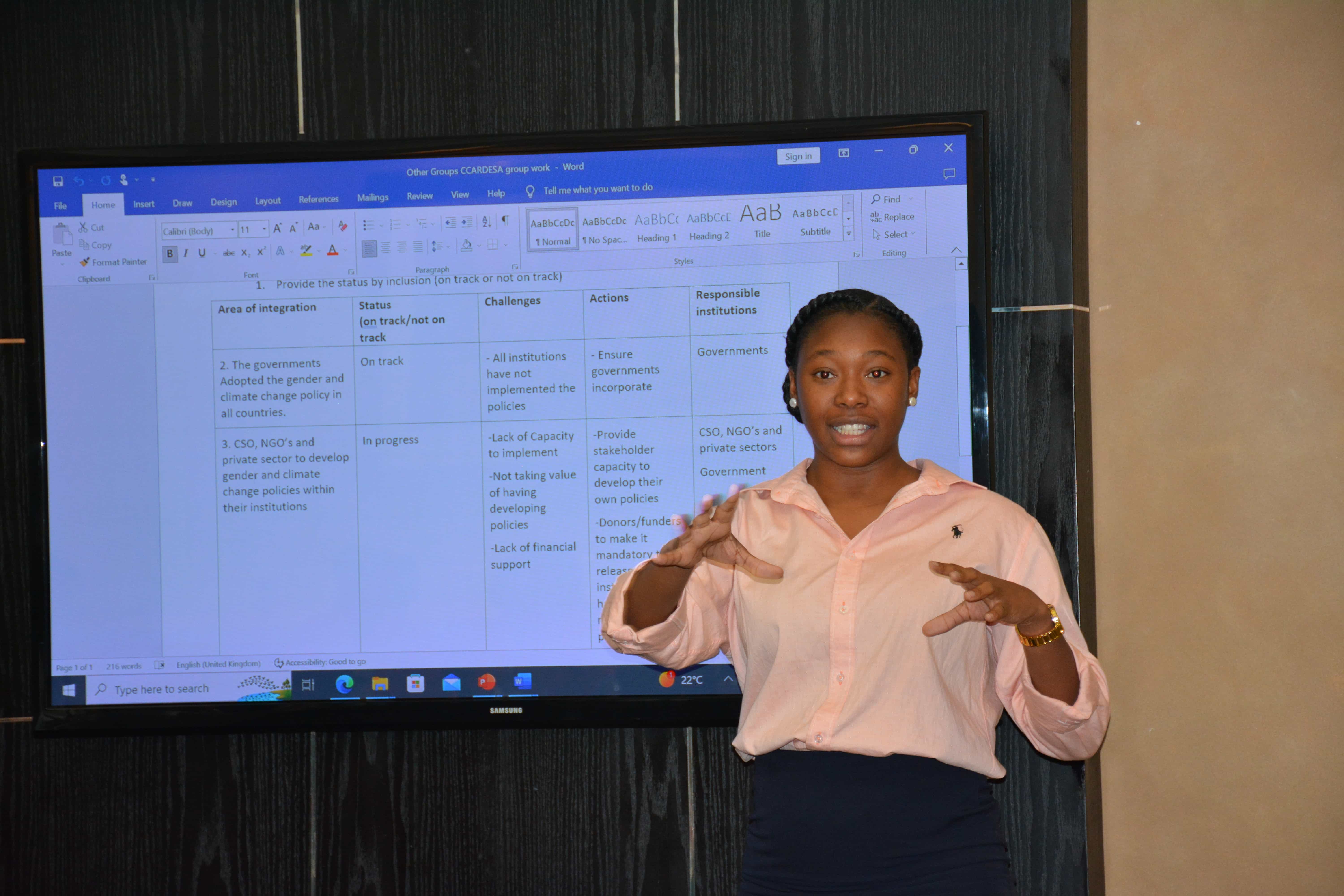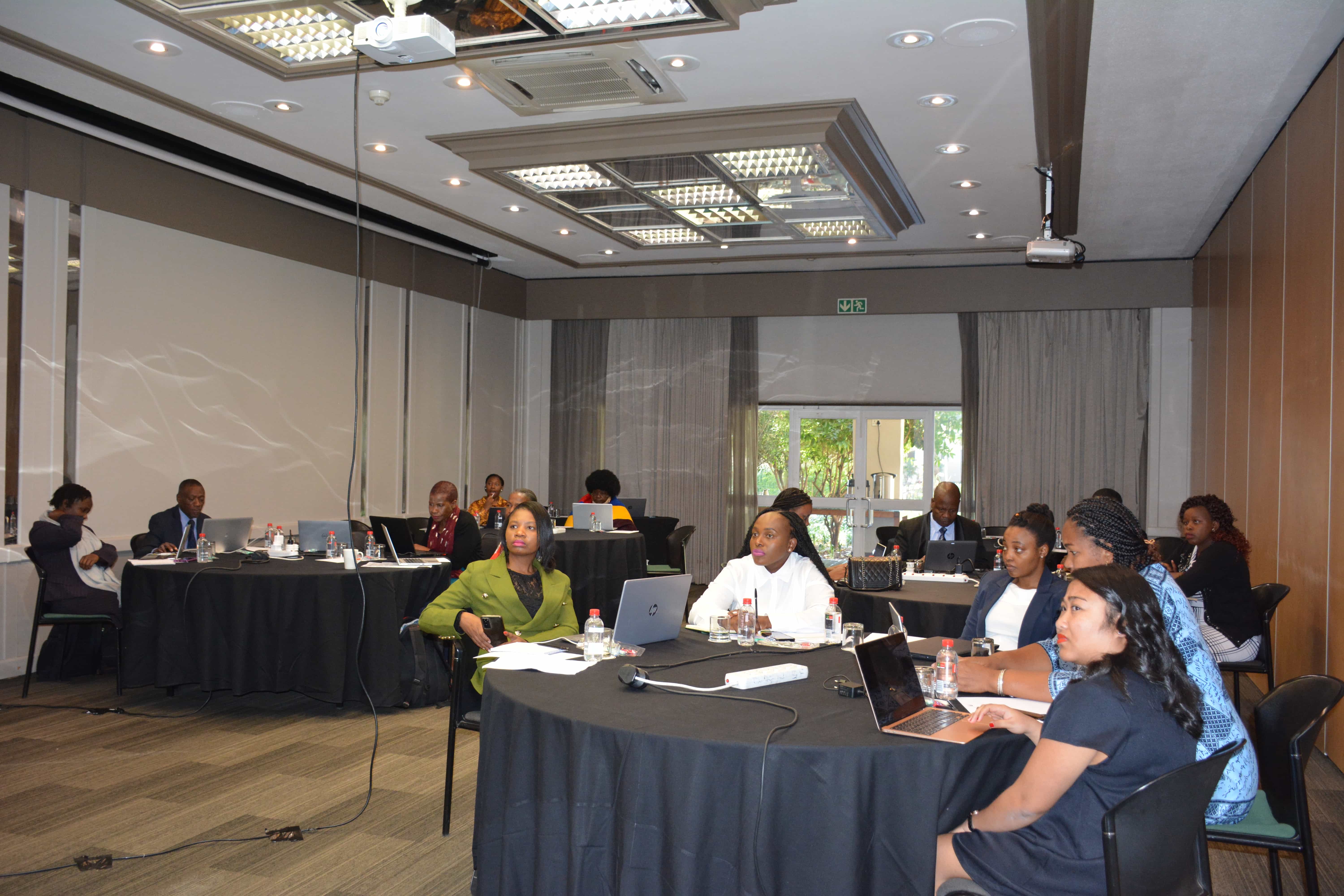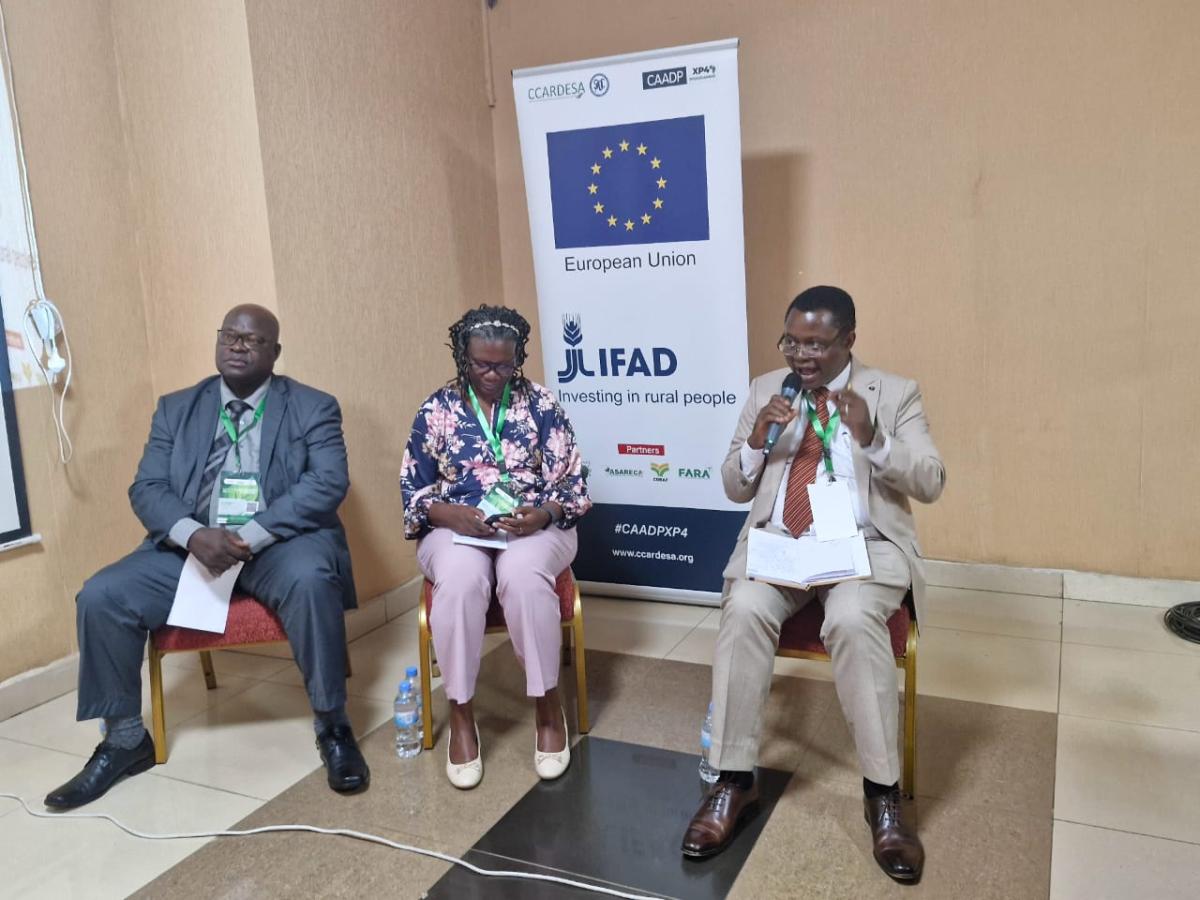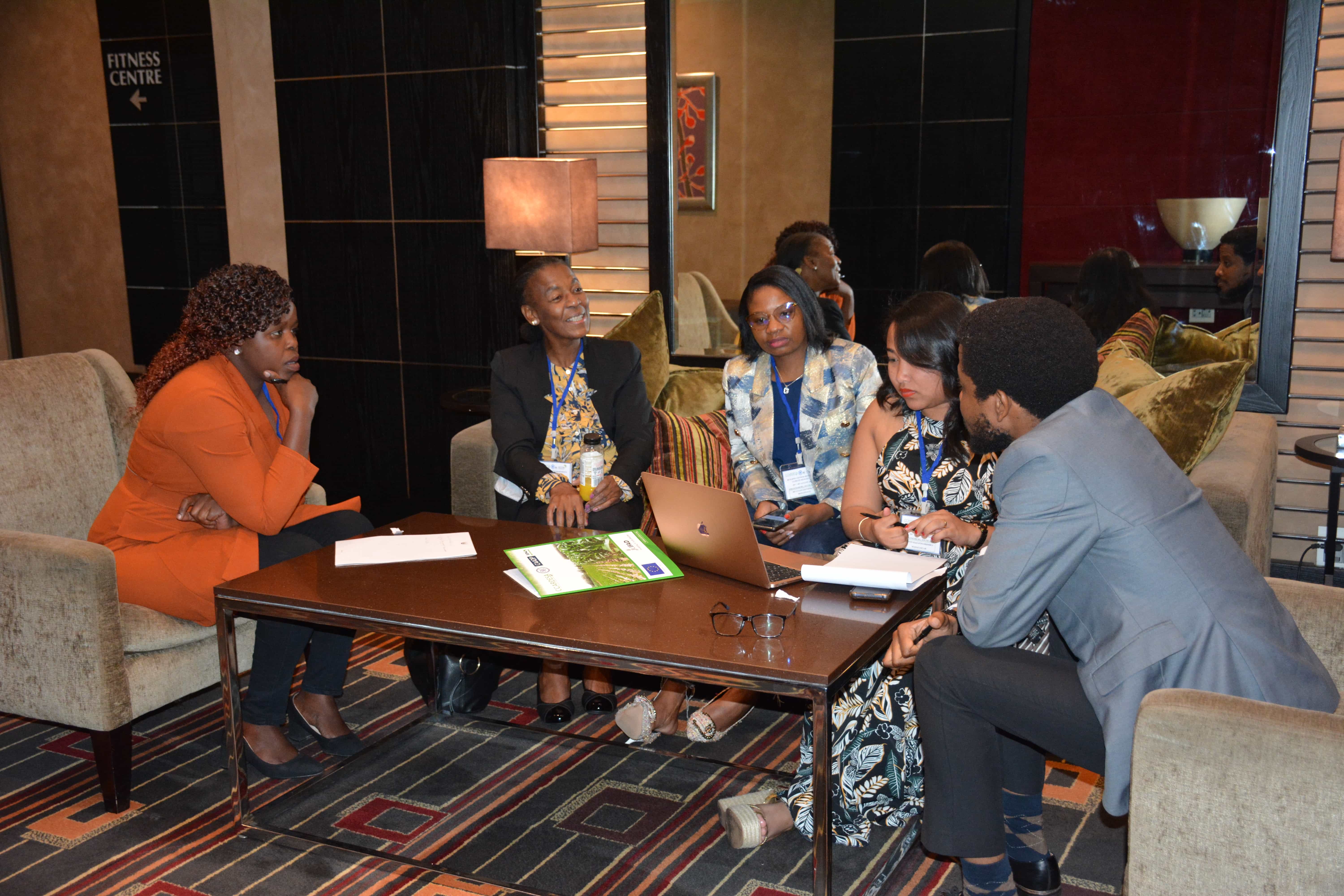Description/Abstract
Namibia is the driest sub-Saharan nation and is among the countries most severely affected by climate change. This is threatening food security, particularly in Namibia’s densely populated northern region, where more than half of the country’s 2.1 million residents live. The main activity in this region is subsistence agriculture, which is primarily rainfed. Older people are often left to carry out the agricultural work, while the younger generation moves to urban areas.
Both crop production and livestock farming are characterised by low levels of productivity. In the case of crop production and the main crops of millet and corn, this is primarily due to infertile soil and unreliable rainfall patterns. Where possible, farmers apply shifting cultivation practices and periodically clear new areas. Since organic and mineral fertilisers are rarely used, soil fertility rapidly diminishes. A number of small-scale farmers irrigate their fields, but the potential for irrigated agriculture is limited; in addition, this is a very capital-intensive method.
Due to climate change, additional productivity losses are expected in the region. Crop production, in particular, is already being affected by climate change. Temperatures and rainfall variability are increasing rapidly, and droughts and floods are becoming more and more frequent. By 2050, it is anticipated that it will only be possible to practise rainfed agriculture using current methods in Kavango East and Zambezi.
Despite the crop losses that are already associated with climate change, very few small-scale farmers are applying climate-adapted cultivation methods.
Citation
GIZ, 2015. Adaptation of agriculture to climate change in Northern Namibia.


